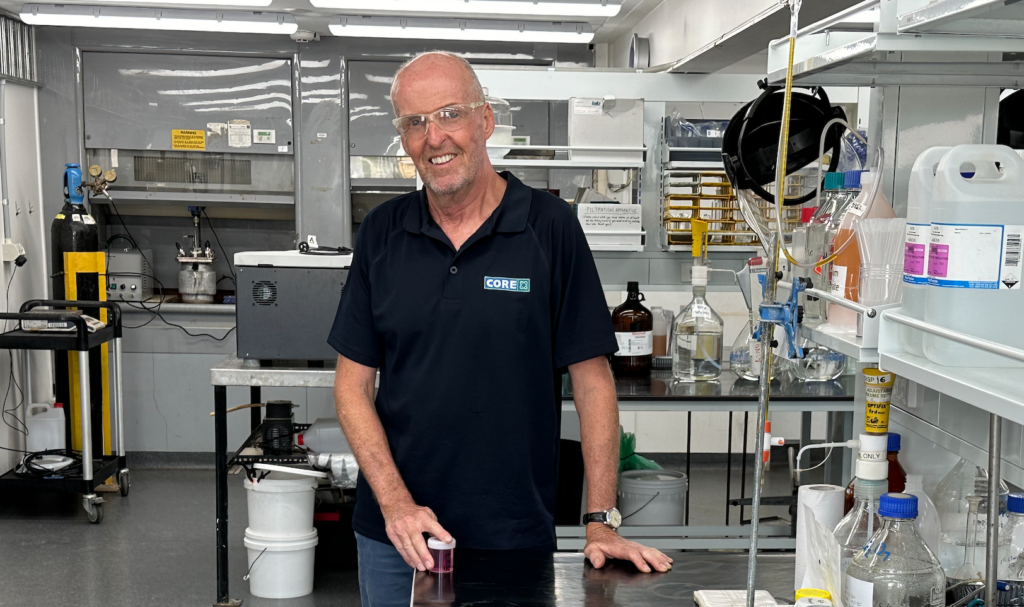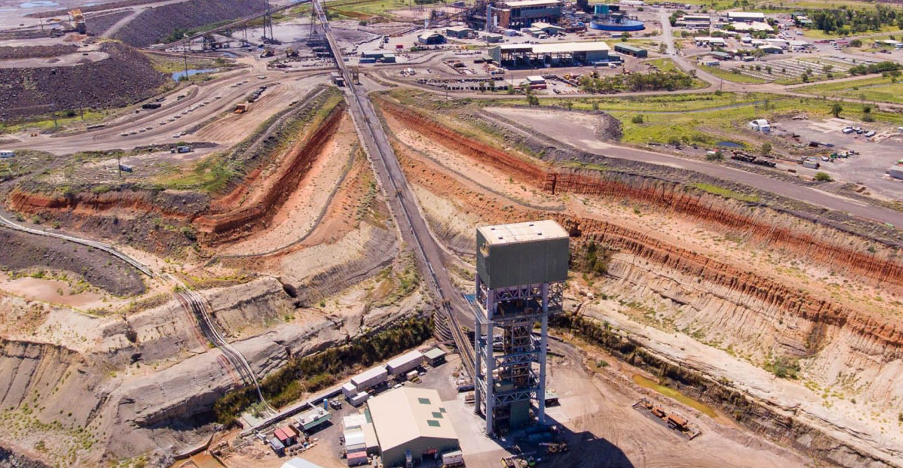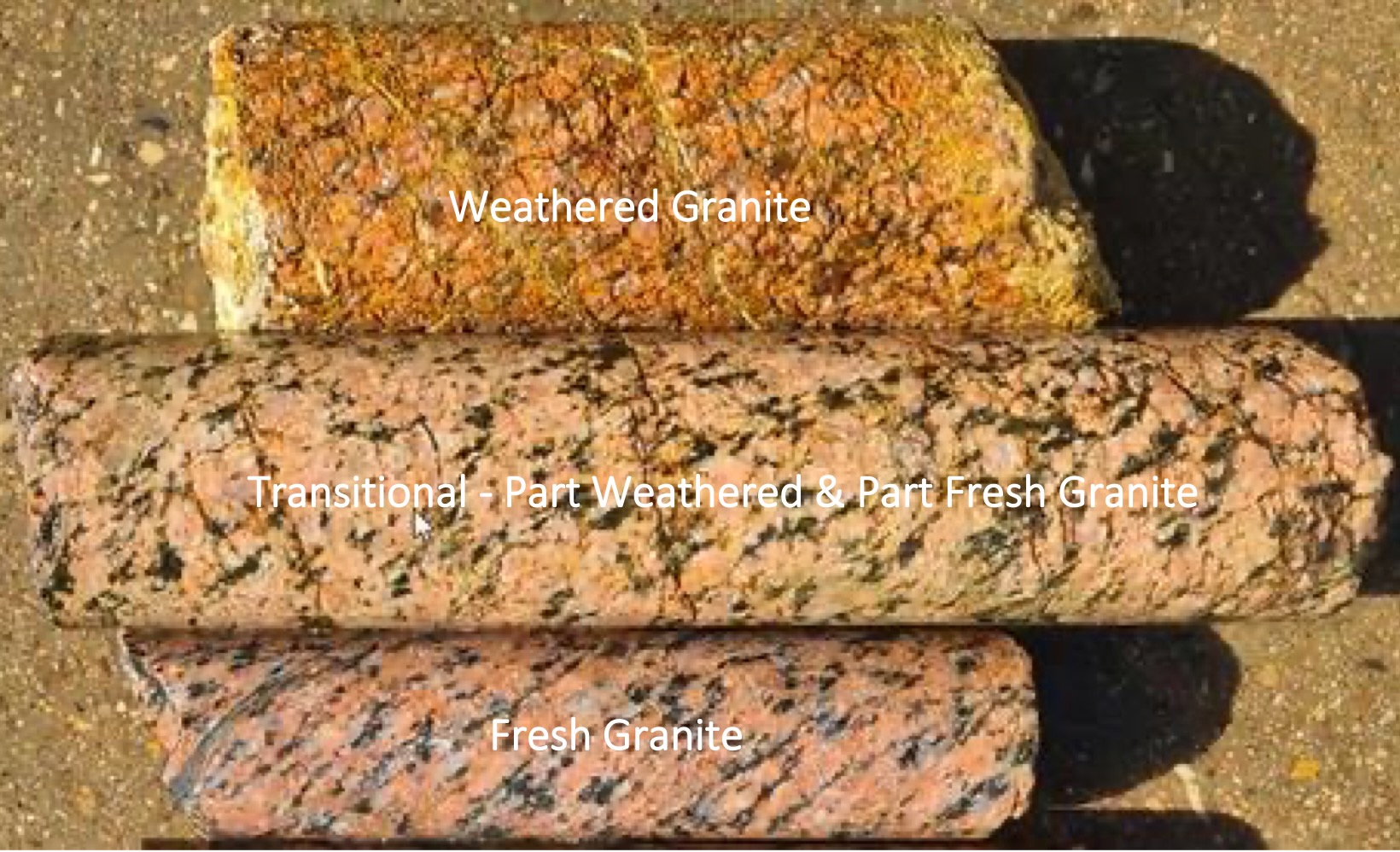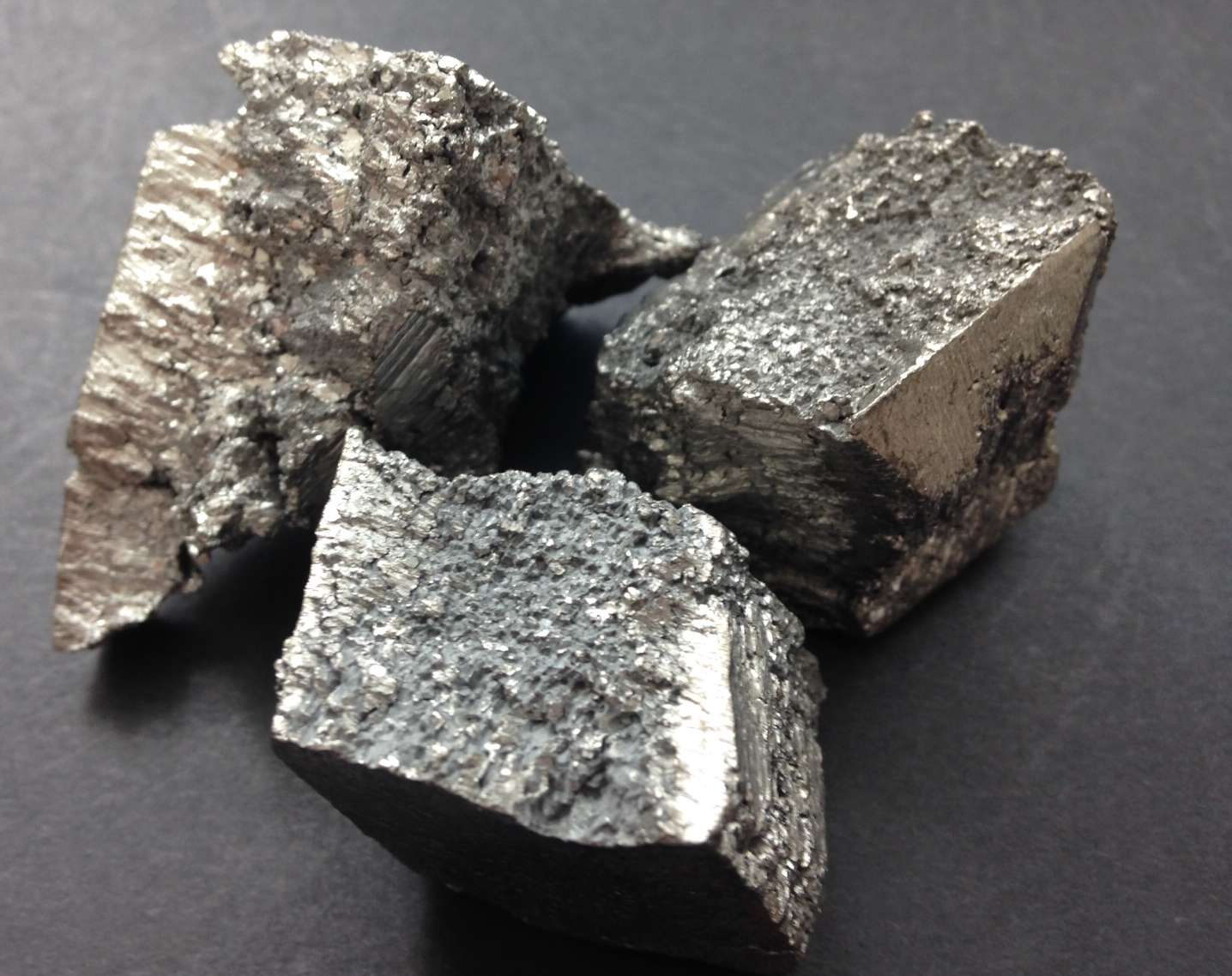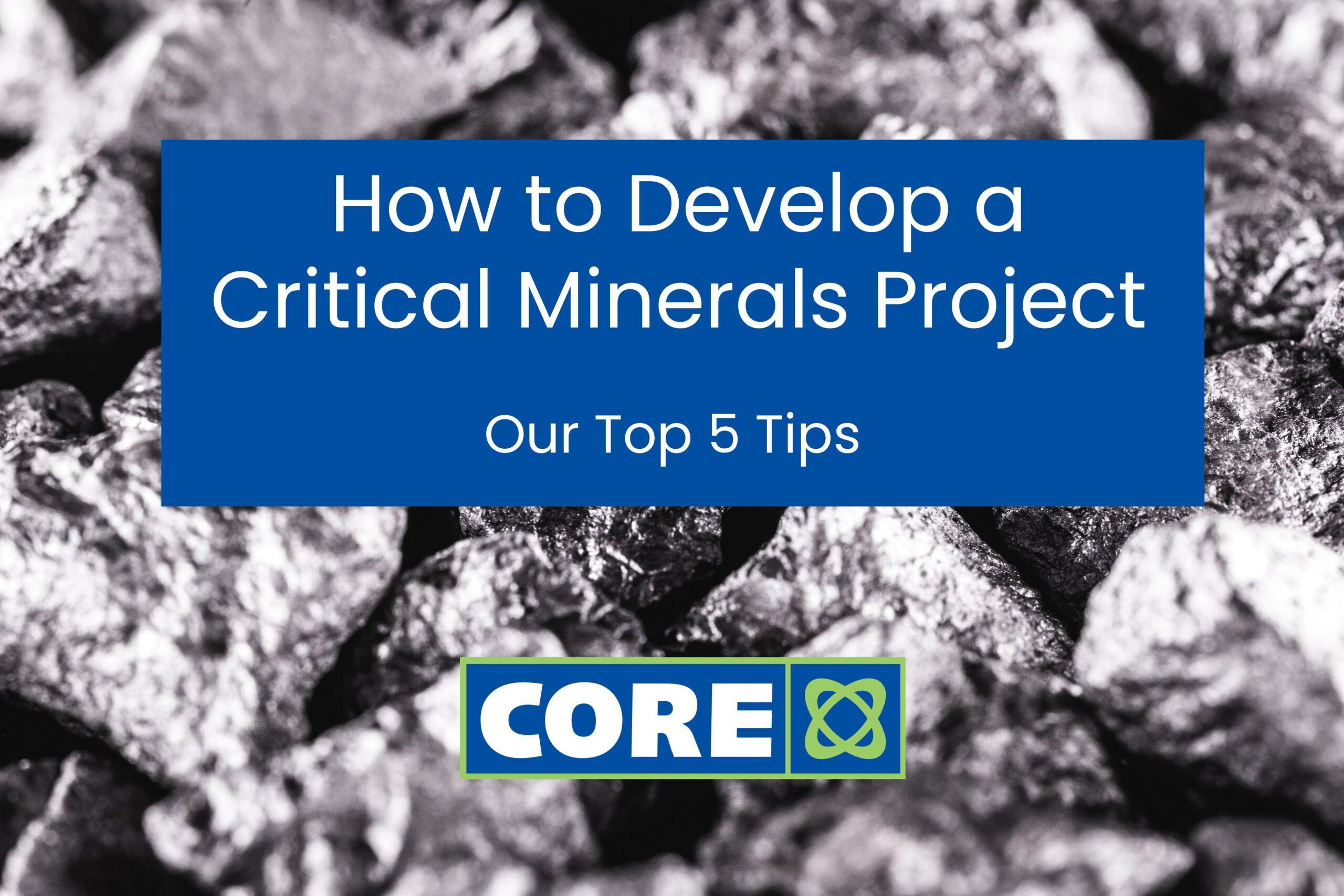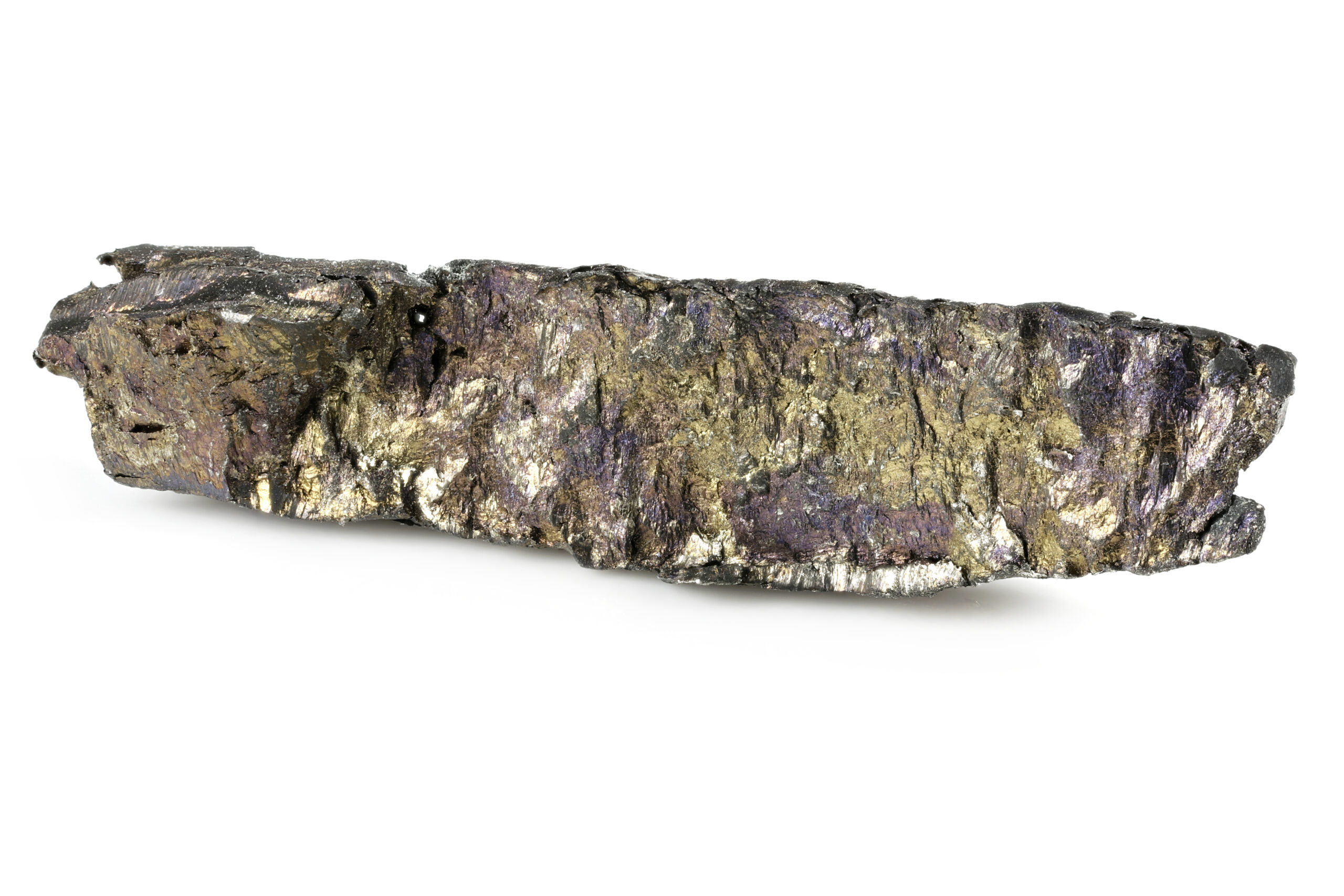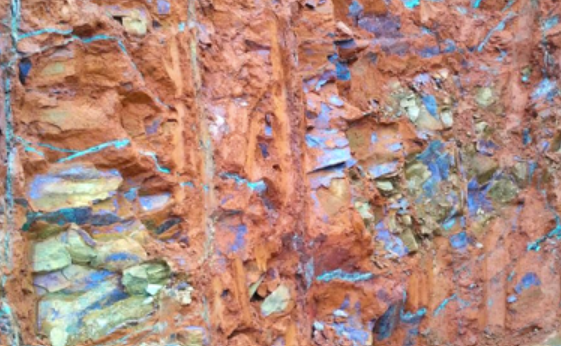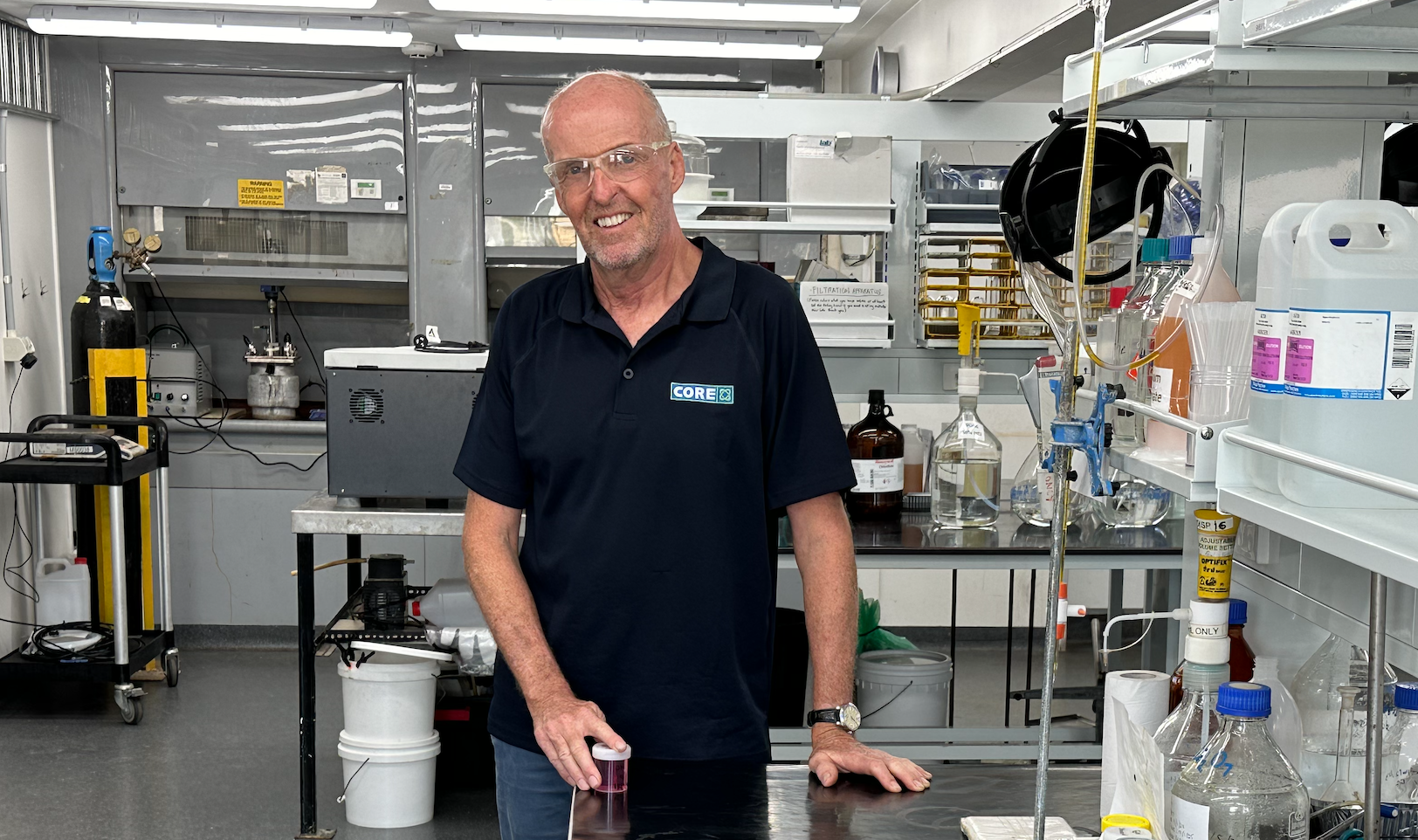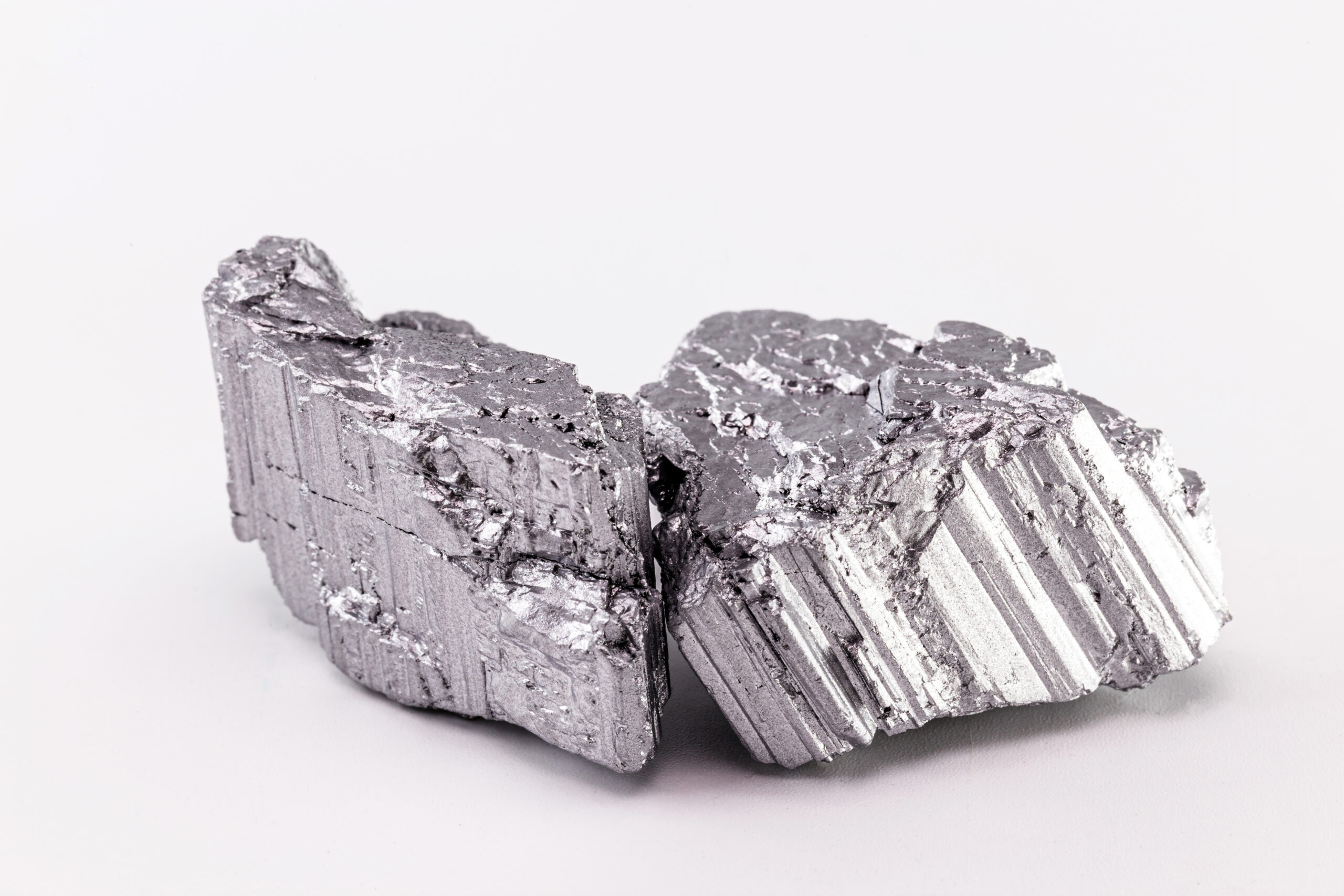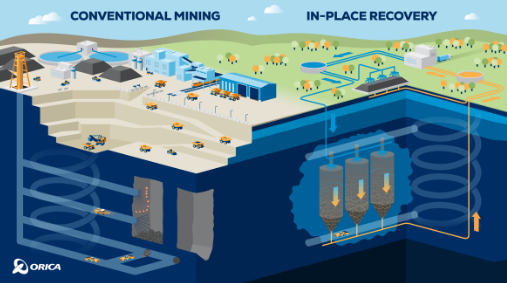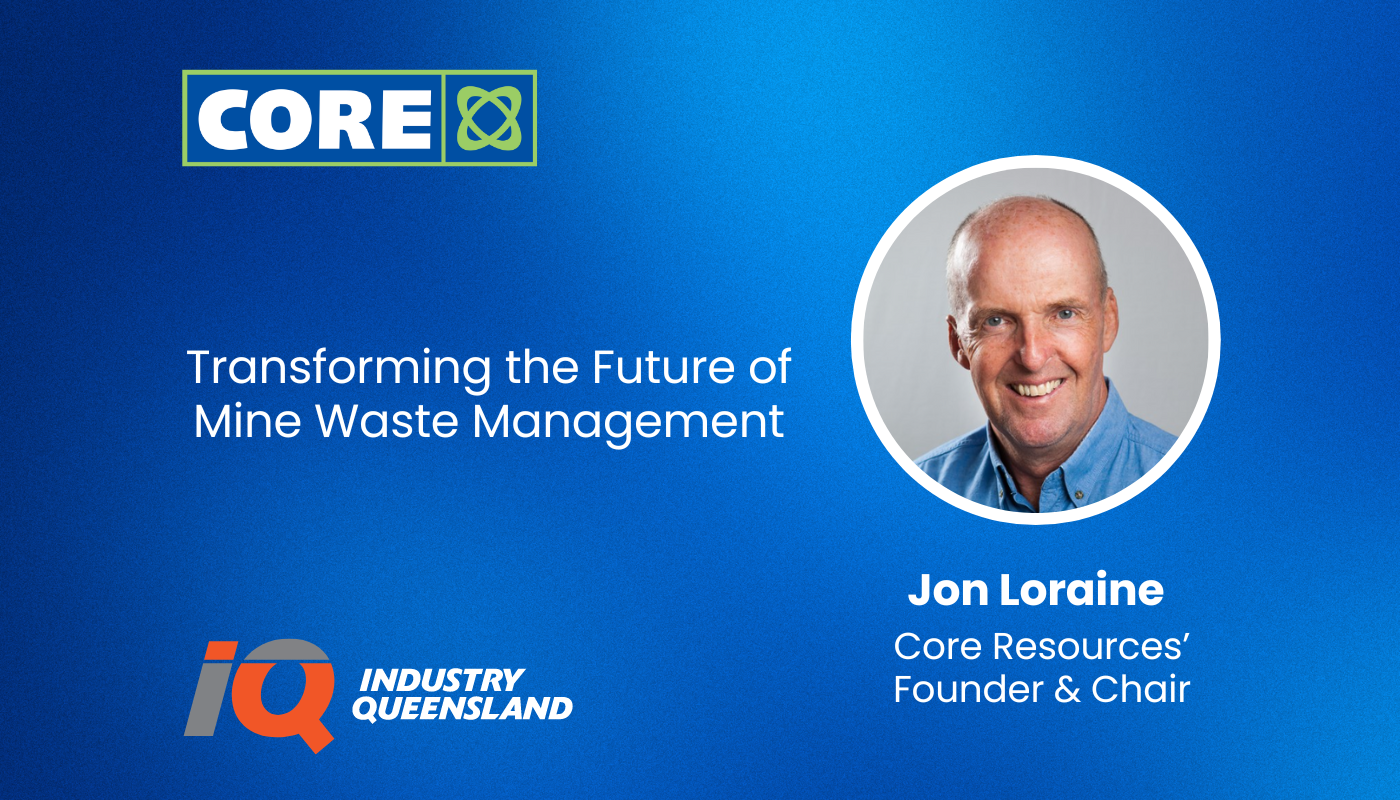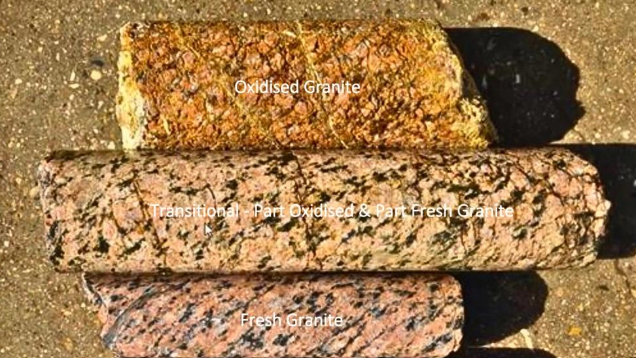In an engaging dialogue with iQ Industry Queensland, Jon Loraine, Chair at Core Resources, likened the quest for establishing a dynamic critical minerals industry in Australia to conquering the world’s highest mountains. This comparison sheds light on the daunting yet exhilarating path that lies ahead.
From pioneering processing techniques for trace minerals to addressing the skills gap for a net-zero future, the path is complex but filled with opportunity.
Read the full article here:
Steep climb to critical minerals production
If developing a critical minerals industry was mountain climbing then we have Everest in Nepal, The Eiger in Switzerland and K2 in China to tackle in succession and in quick time.
The challenges have been set out by the head of one of the premier metallurgical companies in Australia.
Core Resources has a four-building research complex located in the inner Brisbane city suburb of Albion.
The facility is more than 40 years old having been originally developed by Mount Isa Mines and bought by Core Resources around 20 years ago.
Former MIM executive Jon Loraine helped organise the buyout and lead the business to the point today where it is the United Nations of metals chemical engineering.
The big questions:
Mr Loraine, the Core Resources Chair, said Queensland would need world-leading solutions to meet its potential as a critical minerals powerhouse.
There are two physical issues to address. The first is that many critical minerals occur as trace elements and require complicated systems to process.
Secondly, they needed to be processed to the nth degree of purity for application which is a new standard in minerals processing, Mr Loraine said.
Another significant trend which a new critical minerals industry will need to manage is economic.
Mr Loraine pointed to rare earths, cobalt, lithium and nickel where prices are all in the doldrums despite upcycle optimism.
The other big factor was the social licence to operate, Mr Loraine said.
“It’s going to mean new mining activities,” he said.
“It’s also going to be new power generation activities. It’s going to be new infrastructure, power lines, water lines, solar farms, wind farms, and they’re all quite challenging for communities.”
“Often a community naturally will think about its own circumstances that they (for example) don’t want a solar farm on the doorstep. They might see the big picture, but people don’t necessarily want it on their doorstep.”
“We’re going to have to work on new ways of engagement with communities. We really are. We won’t get there unless we get much better at this.”
“The other big challenge was developing a workforce with the right skills sets,” he said.
“Australia is actually relatively lucky. We have a pretty solid background in mining engineers, metallurgists, geologists, all the other skills we need,” he said.
“But it’s still hard to recruit, train, retain those high skill people.”
“And if you went and looked at the Net Zero Australia report was published about six months ago, it said that we need 1.3 million new skilled people to be brought to work on the net zero transition. That’s 1.3 million new highly skilled jobs.”
“And yet today if you went out and tried to hire five highly skilled people, you would struggle. So, we have a massive challenge in building the skills we need to do these big transitions that are coming up.”

